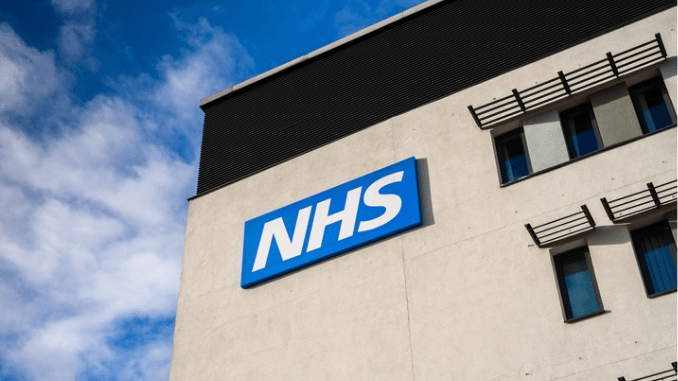
As reported by Medscape, the UK government has revealed a £240 million funding package aimed at enhancing the NHS’s winter resilience and increasing social care capacity, in response to ongoing pressure on urgent and emergency healthcare services and growing waiting lists, although it faces criticism from medical professionals
The funding came after the Prime Minister and England’s Health Secretary met clinical leaders and NHS chiefs on Wednesday to refine planning to ease pressure on urgent and emergency care and help the health service meet targets to cut waiting lists.
The move was met with derision by the British Medical Association (BMA) which said ministers should instead come forward with a pay offer to end strikes by junior doctors and consultants, while NHS Providers said trusts were questioning whether enough was being done to resolve the ongoing wave of industrial unrest.
Announcing the latest funding package, the Department of Health and Social Care said £200 million was being set aside “to boost resilience in the NHS and help patients get the care they need as quickly as possible this winter”.
An additional £40 million was being made available to increase capacity in the social care sector with the aim of improving hospital discharge rates. Local authorities were invited to bid for a slice of the pot in order to buy more services aimed at keeping people out of hospital, as well as more packages of home care.
The Government highlighted “significant progress” in its Urgent and Emergency Care Recovery Plan launched earlier this year, backed by £1 billion, that would provide 5000 additional beds, 800 new ambulances, and 10,000 ‘virtual wards’. Compared with July 2022, category 2 ambulance response times were now 27 minutes faster, and there were 2500 more general and acute beds and 9700 virtual ward beds available, the DHSC said.
At the same time, the Government “remains committed to cutting waiting lists”, the Department reiterated. However, figures out today demonstrated the herculean scale of that task, with waiting lists in England reaching a record high of 7.68 million in July – up from 7.57 million in June.
Steve Barclay, Secretary of State for Health and Social Care, said after yesterday’s meeting: “I know winter brings immense challenges for the NHS which is why we are working with health leaders to make sure we are prepared earlier.”
Responding to the Government announcement, Professor Philip Banfield, BMA council chair, asked: “How can Steve Barclay claim to be shoring up the NHS for winter while at the same time refusing to engage with the doctors he needs to deliver that care?”
He added: “It’s been 135 and 171 days since Mr Barclay met with junior doctors and consultants, respectively. If the Health Secretary really wants to support the NHS through the winter and beyond then his next step should be to re-open talks with doctors and come to the table with a credible offer to put an end to strikes and to demonstrate he does really care about our patients.”
NHS Providers welcomed the latest funding announcement, but its director of policy and strategy, Miriam Deakin, called for clarity “over whether this money is intended for specific initiatives or to offer general additional support to health services”.
Ms Deakin said: “Trust leaders tell us that the most pressing challenge facing the NHS this winter is now the real prospect of sustained industrial action. They will rightly ask questions about whether enough is being done to resolve wave after wave of highly disruptive strikes.


Be the first to comment